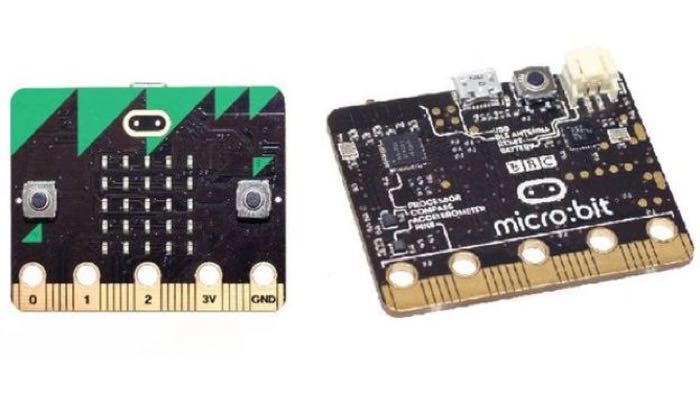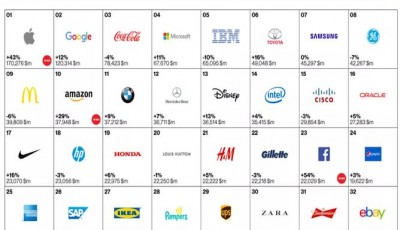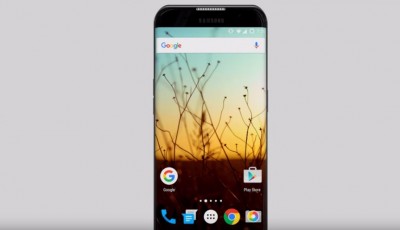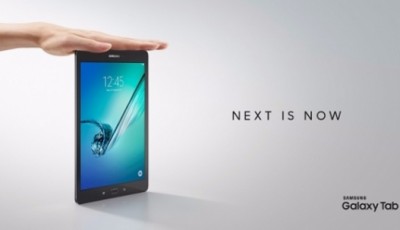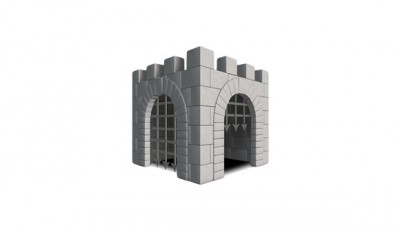BBC, Samsung, Barclays and more unveil BBC micro:bit coding computer
The BBC has revealed the final design of its Micro:Bit computer in a launch event in London.
The small board measures 4 centimeters by 5 centimeters, and among the features of the hardware that the BBC announced include 25 red LEDs, capable of showing messages and being used in games, two programmable buttons, an on-board motion detector that can recognize movements like shaking, tilting, and free-falling, and a magnetometer, or compass, that can sense which direction it’s facing.
As part of the BBC’s 2015 “Make It Digital” campaign the micro:bit builds on this legacy with the aim of inspiring young people to get creative with digital.
“As the Micro Bit is able to connect to everything from mobile phones to plant pots and Raspberry Pis, this could be for the internet-of-things what the BBC Micro was to the British gaming industry”.
The pocket-sized micro:bit carries processors and sensors – the raw materials of a computer, that can be coded and programmed in any way to work alone or connected with other devices.
The project is a collaboration between the broadcaster and partners including ARM, Barclays, element14, Freescale, Lancaster University, Microsoft, Nordic Semiconductor, Samsung and the Wellcome Trust. It will also offer Bluetooth LE capability, USB, and a combined croc-clip/edge connector, which will allow children to connect the Micro:Bit to similar boards such as Arduino and Raspberry Pi. Micro:bits were fixed to all manner of household items, including a frying pan that tells you when to flip a pancake or when your omelette might be burnt. This has the power to be transformative for the United Kingdom.
Five Input and Output (I/O) rings to connect the micro:bit to devices or sensors using crocodile clips or 4mm banana plugs. Use the micro:bit as a games controller.
The project is inspired by the recent home coding and computing revolution set off by the Raspberry Pi, which was in turn inspired by the original BBC Micro computers of the 1980s. After testing programs on the PC, Micro Bit users can then choose to install them on the Micro Bit itself.
The device will be made available to school children in later October for free and there is also some good news for hobbyists and the device will also go on sale in the United Kingdom and other countries before the end of the year, you can find out more information at the link below.
Dubbed micro:bit the design will be released under an open source licence.
Fundamental to the success of the BBC micro:bit, the BBC and partners will be working closely with teachers, educators and schools over the summer to ensure that resources, information and support are available in advance of micro:bit distribution this autumn, supporting the curriculum.
